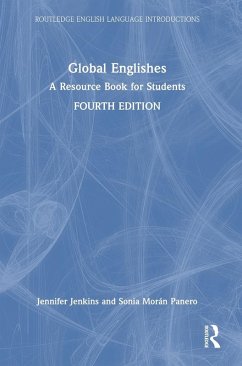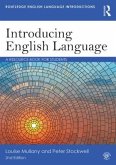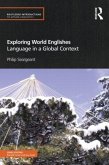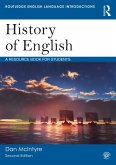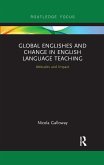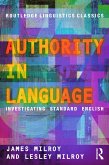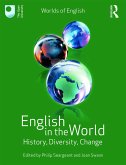Routledge English Language Introductions cover core areas of language study and are one-stop resources for students.
Assuming no prior knowledge, books in the series offer an accessible overview of the subject, with activities, study questions, sample analyses, and commentaries.
Global Englishes, Fourth Edition has been fully revised and updated and provides an introduction to the subject that is both accessible and comprehensive.
Key features of this best-selling textbook include:
- coverage of the major historical, linguistic, and sociopolitical developments in the English language from the start of the seventeenth century to the present day;
- exploration of the current debates in Global Englishes, relating to its uses as a post-colonial language in Asia and Africa, a mother tongue in the US, UK, and Antipodes, and lingua franca across the globe, with a strong emphasis on China;
- new material on Latin America, English as a linguafranca, and English medium instruction;
- a range of texts, data, and examples drawn from emails, tweets, and newspapers;
- readings from key scholars including Alastair Pennycook, Henry Widdowson, and Lesley Milroy;
- updated online support material providing additional materials that are closely linked to each unit of the book.
Global Englishes, Fourth Edition provides a dynamic and engaging introduction to this fascinating topic and is essential reading for all students studying global Englishes more broadly, English as a Lingua Franca specifically, and the factors involved in the spread of English in the world today.
Assuming no prior knowledge, books in the series offer an accessible overview of the subject, with activities, study questions, sample analyses, and commentaries.
Global Englishes, Fourth Edition has been fully revised and updated and provides an introduction to the subject that is both accessible and comprehensive.
Key features of this best-selling textbook include:
- coverage of the major historical, linguistic, and sociopolitical developments in the English language from the start of the seventeenth century to the present day;
- exploration of the current debates in Global Englishes, relating to its uses as a post-colonial language in Asia and Africa, a mother tongue in the US, UK, and Antipodes, and lingua franca across the globe, with a strong emphasis on China;
- new material on Latin America, English as a linguafranca, and English medium instruction;
- a range of texts, data, and examples drawn from emails, tweets, and newspapers;
- readings from key scholars including Alastair Pennycook, Henry Widdowson, and Lesley Milroy;
- updated online support material providing additional materials that are closely linked to each unit of the book.
Global Englishes, Fourth Edition provides a dynamic and engaging introduction to this fascinating topic and is essential reading for all students studying global Englishes more broadly, English as a Lingua Franca specifically, and the factors involved in the spread of English in the world today.
"This new and revised edition of Global Englishes lives up to the success of previous editions, with the authors outlining a concern to expand the scope of themes in the area as a whole, offering the reader an even richer material and, in many aspects, brilliantly locally situated. Throughout the manuscript, we come across themes and issues anchored in sensitive grounds which stimulate, among many reflections, a critical view in relation to the political, ideological and pedagogical implications of the expansion of English around the world, its condition as a global lingua franca, contemplating, for instance, the production of knowledge in the field in commonly invisible contexts such as Latin America. An excellent and always timely resource for teachers, students and teacher trainers that is renewed and will certainly serve as a reference not only for differentiated ELT practices, but also for the investigative work of researchers in all parts of the planet."
Sávio Siqueira, Bahia Federal University, Brazil
Sávio Siqueira, Bahia Federal University, Brazil

